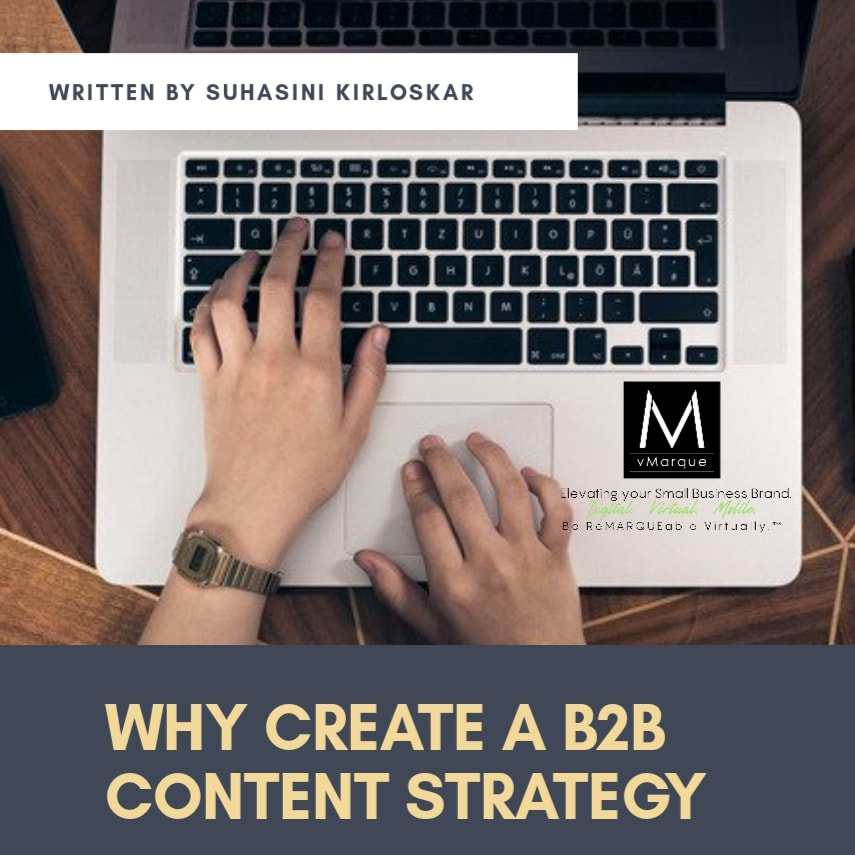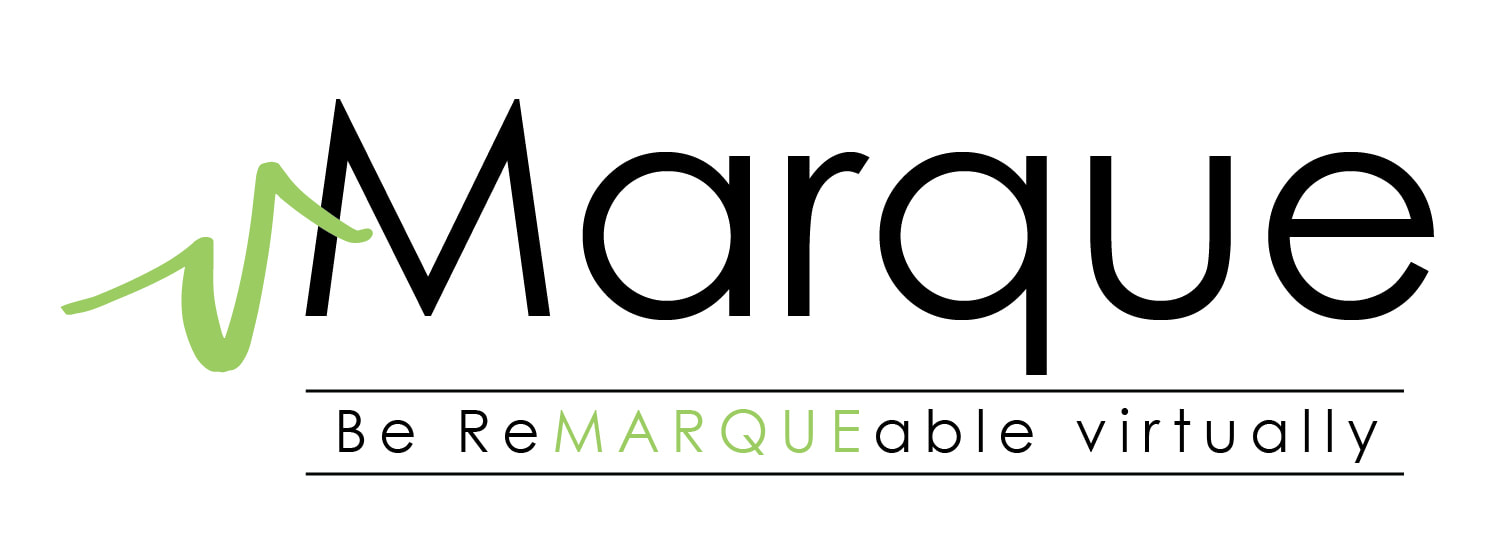|
According to recent research conducted by the Content Marketing Institute, 69% of the most successful B2B marketers have a well-documented content marketing strategy. What’s interesting is that only 16% of those that they classify as ‘least successful’ do. So it’s no wonder that the best organizations are focused on creating this strategy, and the ‘content strategist’ is a hot, new role in many companies today.
We hear the word ‘content’ a lot in the context of marketing, branding, and lead generation. Content refers to all the material a brand publishes, on any media - whether as a document, or a video, or a social post - with the objective of communicating with target audiences. Content communicates what the brand does and who it is. So what is content strategy? It’s not something complex that a strategy consultant will deliver to you, in leather-bound books and fancy presentations. Content strategy is something that you develop, and it’s a well thought out approach, which answers the questions - why create content, what you will create, and how you will create, publish and promote it. Why content should be at the heart of your B2B marketing strategy Content is the ‘engine’ that drives b2b brand building and lead generation. It also drives marketing channels such as email campaigns, SEO, and Google Ads; all these depend on effective content. Good content helps the brand to take the position of a ‘trusted advisor’, because the reality is that in many B2B purchases, decision-makers don't want to initiate the conversation with vendors. They are far more comfortable speaking with trusted advisors who will share knowledge with them. Content enables you to take that position. Content for each stage of the buyer journey The B2B buyer journey can be long and fairly complex. As buyers move from the awareness stage to consideration to decision-making - what are their information needs at each stage? How do they seek to fulfill these needs? A good content strategy ensures that you serve the right content to them at each stage. We are used to modeling the buyer journey as being linear or viewing it through the funnel. In reality, it tends to be quite zigzag these days. A B2B buyer takes about 7 actions before closing a deal. The digital journey today spans voice search, interactions with chatbots, mobile apps, social media, and more. Each of these is a touchpoint where your brand has an opportunity to interact with the buyer. It's extremely important for you to serve the right content and maximize the impact of your brand at each touchpoint. Content for lead generation Content enables lead generation, as potential buyers seek information and find your content, and engage with your brand, which is also called inbound marketing. The best kind of content answers a specific query. You should think about the typical queries that prospective buyers will have during their buyer journey. When they find content of value to them, they may be motivated to perform specific actions such as subscribe to your newsletter or fill a form to download an ebook. Let's take an example, say you provide executive coaching services. In your conversations with clients and potential clients, you know that a common question in their minds is, ‘do I need an executive coach or do I need a mentor?’ You could publish a good article as a blog post on your website with a title such as ‘how to tell whether you need an executive coach or a mentor’. You could insert a call-to-action such as ‘speak to an expert to discuss whether you need a coach or a mentor’. And this call-to-action could be placed close to or even in between the blog post. Readers who like what they read will be motivated to click on your CTA button and can become a sales lead for you. Content is also used to generate leads by making it ‘gated’, meaning that it can be accessed only after the visitor has provided contact details. Content for Search Engine Optimization (SEO) Content drives SEO as Google values websites that have original content that best fulfills search queries of visitors. It’s not about keyword density anymore, the content should deliver a great experience and fulfill the need that the visitor had when entering a search query in Google. Original, relevant, and valuable content on your website will attract visitors as well as increase the time that they spend there, and Google will reward you with better page ranking. Tangible benefits from Content Strategy What are the top five benefits that content marketing has delivered to organizations? Research shows that they are brand awareness creation, audience education, building credibility and trust, demand and lead generation, and lead nurturing. In order to achieve these and many more important marketing objectives, you need a well-defined content strategy. As I worked for my B2B clients to help craft the content strategy, I noticed there wasn’t any one course to learn everything about B2B content strategy, so I’ve created a course and published it on Udemy. I invite you to take a look at it and I’m confident that you will find it will of tremendous value. It’s the Content Strategy and Planning in B2B Marketing course. Written by Suhasini Kirloskar
3 Comments
11/23/2022 11:33:03 am
The digital journey today spans voice search, interactions with chatbots, mobile apps, social media, and more. Thank you for taking the time to write a great post!
Reply
3/21/2023 11:40:53 am
It's extremely important for you to serve the right content and maximize the impact of your brand at each touchpoint. I’m so thankful for your helpful post!
Reply
Leave a Reply. |

BLOG Be ReMARQUEable Virtually.™
Archives
January 2024
Categories
All
|
|
vMarque, LLC
8055 State Highway 173 N Bandera, TX 78003 +1 (830) 522-0860 Be ReMARQUEable virtually.™ |
© COPYRIGHT 2024. ALL RIGHTS RESERVED.
|
www.vMarque.com


 RSS Feed
RSS Feed
